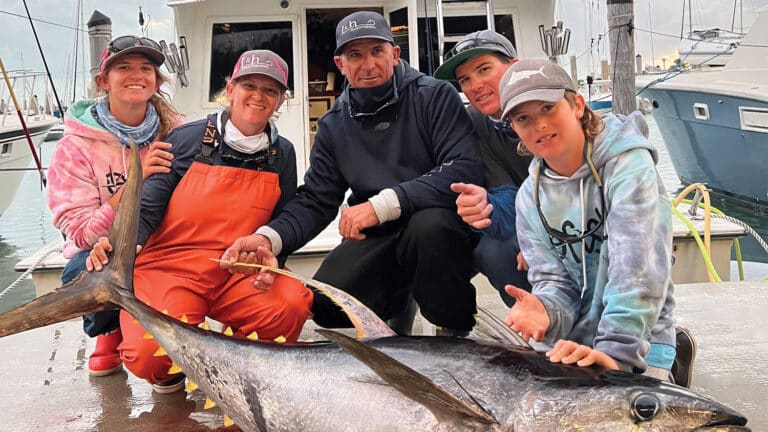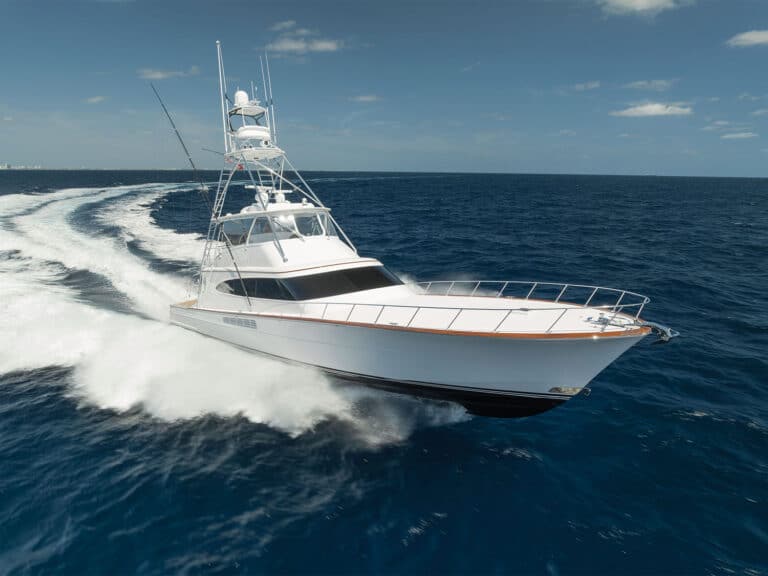
We are often asked about the specifics of donating a vessel, whether it be for legitimate charitable reasons or because the owner wants a tax write-off. Donations can be a useful option in certain situations, but the appropriate conditions must be present and the proper professionals should be involved.
Advantages of Donations
It can sometimes be difficult and time-consuming to sell a boat, whether it’s because of a slow economy or perhaps a lack of demand for a particular model. Donations often provide an opportunity to avoid the lengthy process of locating buyers, and the transactions are typically quicker than sales. Boats are also money pits, so a donation might provide an opportunity for an owner to quickly end expenses for insurance, dockage, maintenance, etc. Additionally, the donor might also avoid paying a brokerage commission on the value of the vessel, especially if a listing agreement is not in place at the time of the donation.
Tax Deduction
A charitable contribution is limited to the fair market value of the vessel at the time of the donation, which is determined through an appraisal survey by a third-party marine surveyor. The primary incentive for most donors is the tax deduction received for the donation. Donors are typically allowed to deduct up to 60 percent of their adjusted gross income through a charitable contribution in the year of the donation, and the balance of the donation can be carried forward five years if the entire appraised value cannot be used in the first year.
How Much Can You Deduct?
A vessel can only be donated to an IRS-approved 501(c)(3) organization, the status of which can be verified through a search feature on the IRS’ website. Many charities accept donations only to sell them shortly thereafter. In such a case, the deduction might be limited to the charity’s gross proceeds of the sale if it occurred within three years of the donation. However, there are three exceptions to that rule, which allow a donor to take a deduction in the amount of the vessel’s full market value.
First, the receiving charity can provide a written acknowledgment that it will make significant intermediate use of the vessel, identify the duration and detailed description of the use, and a certification that it will not sell the vessel for a minimum of three years. The charity must inform the IRS and the donor if the vessel is sold within that time frame, in which case the allowable deduction might be reduced if the sale price was lower than the fair market value.
Conditional acceptance can be a powerful tool when purchasing a boat. Learn more about it here.
Second, the charity can provide an acknowledgment certifying that it intends to make a material improvement to the vessel, a detailed description of the improvement and a certification that it will not be sold prior to completion of the repairs or improvements.
Third, the charity can provide an acknowledgment certifying that it intends to give or sell the vessel to a needy individual at a price significantly below fair market value, and that the gift is in direct furtherance of the organization’s charitable purpose.
The Documents
A donation is normally formalized with a Deed of Gift and IRS forms 1098-C and 8283. A charity might also require a warranty of title from the donor. Form 8283 confirms the vessel’s fair market value and is signed by the charitable organization and the surveyor. Form 1098-C is signed by the charity and certifies that the vessel will not be sold before completion of the significant use or material improvement to the vessel. The form also contains a description of the use or the improvements to be made.
There’s certainly more to vessel donations than is discussed here, especially as it relates to tax consequences, but this does cover the basics to give owners an idea of the process. Owners interested in donating vessels should always consult attorneys and tax professionals before finalizing transactions.
Raleigh P. Watson is a contributing author, and a Partner at Miller Watson Maritime Attorneys.







